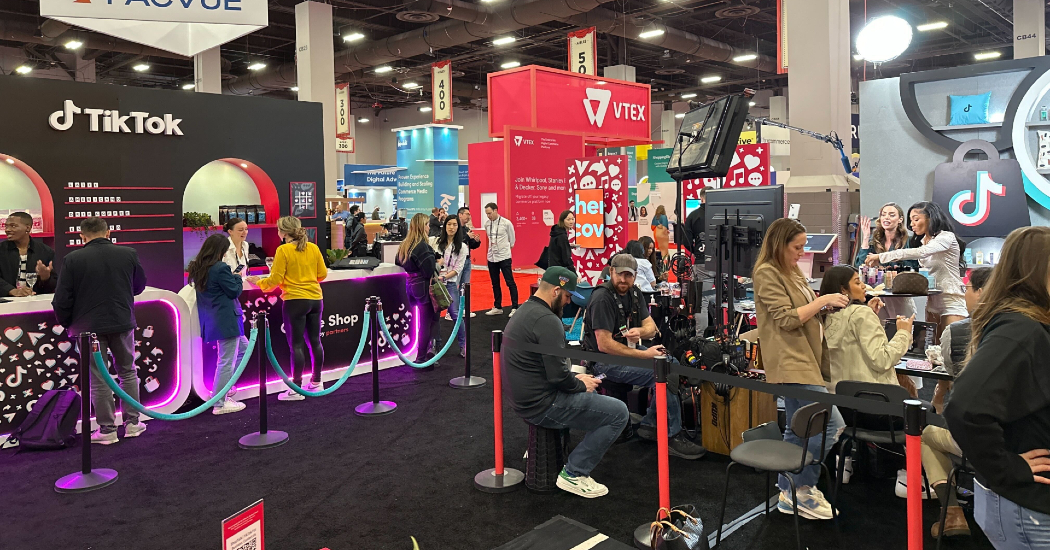Media Landscape: Long-Term Outlook

As an agency, we use marketplace data from partners and industry leaders such as MRI-Simmons, eMarketer, Morning Consult and Resonate to aggregate the trends most applicable to our client partners for both the near and long-term. We break down the key takeaways from our ongoing monitoring below.
Executive Summary
- Time-shifted streaming and live streaming will continue to increase as live traditional TV viewing decreases.
- Video streaming services will need to differentiate themselves with live content and ad-supported streaming TV options.
- U.S. social network spending will be hit hard by the digital advertising downturn.
- Short-form digital video is critical as social media platforms struggle to keep up with TikTok.
- Expect more content (movies, programming) geared toward gamers, and expect to make gaming a key avenue to reach younger consumers.
- The Metaverse will not be a serious channel for consideration in 2023.
Digital Video
Time-shifted streaming is now by far the biggest chunk of U.S. viewers’ time . Time-shifted streaming specifically refers to watching programming that was aired live such as live sports, news, or television shows.
Digital video platforms will attract audiences of all ages to ad-supported streaming services.
- While more older customers are joining streaming services (+28% YoY), their adoption is still relatively low compared to younger demographics. 91% of Gen Z adults and 88% of Millennials subscribe to streaming services compared to 75% of Gen Xers and 60% of Baby Boomers.
- On the other hand, Free Ad-Supported TV (FAST) services rely on older audiences but have not penetrated younger audiences yet. This could change as Warner Bros. and Discovery launch their own FAST services in 2023.
Demand for live sports will drive media companies’ decisions.
- Major rights packages like the NFL and NBA will be locked up for years, which is why 36% of adult streamers in October 2022 said that lack of live sports was a problem with the streaming services they use.
- Media companies will look for ways to satisfy this demand, looking to secure cheaper rights for golf, motorsport and tennis.
- Expect tech giants to start securing rights packages for marquee sports (e.g. Google has secured the rights to distribute Sunday afternoon NFL games for seven years).
Social Media
Advertiser spending on social media will be much lower than expected .
- The impact of Apple’s and other privacy changes has shocked the system. Digital ad targeting and measurement have been changed permanently. Since the majority of time spent with social media occurs on mobile apps, app tracking transparency has been especially debilitating for social networks, which now have a lot less data to work with.
- Macroeconomic headwinds aren’t easing. Some advertisers are pulling back on spending as they face inflation, a potential recession, ongoing supply chain disruption, and geopolitical instability. Meta, Snap, Pinterest, and Microsoft, which owns LinkedIn, all cited difficult economic conditions in their most recent earnings calls.
- Normalization is here after a radical rebound. Advertisers boosted spend big-time in 2021 as they recovered from the pandemic slump. But 2021 was an outlier, and ad spending has come back down to Earth.
Social media platforms have a trust issue.
- In 2022, Facebook and Twitter saw the biggest drops in trust over the past two years, driven by the prevalence of fake news, the presence of objectionable content (posts featuring violence) and ads on those platforms .
- Loss in trust was the reason 48% of consumers stopped using a social media platform in the past year .
- Facebook’s share will slip as TikTok explodes by 24.5% this year alone.
- Twitter will experience an exodus of users, as Elon Musk makes fundamental changes to the platform. Its worldwide monthly total will drop nearly 4% in 2023 and another 5% in 2024. There is little to indicate Twitter will be able to reverse this slide.
- Users have begun moving on to Mastadon, Reddit and LinkedIn as the Twitter audience fragments.
- TikTok will grow at almost double the rate of Snapchat and 2.5 times the rate of Instagram. TikTok will have double-digit growth for a final year in 2023 before dropping to single-digit increases.
- Facebook will add just 6.1 million worldwide users in 2023.
Short-form video is king, but advertisers aren’t ready .
- Video will account for 56% of time spent with social networks this year. Expect all platforms to focus on developing and monetizing short-form video products (e.g. Meta Reels, YouTube Shorts).
- But advertisers are not ready. Few have mastered short-form video strategies, requiring a new speedy, timely approach to content creation.
- Expect competitors to continue to compete for TikTok’s territory as that platform faces increased government scrutiny. New Gen Z-appealing alternatives have begun popping up (BeReal, Poparazzi, Fizz, Gas).
- YouTube or Instagram may be the next best alternatives to fulfill Gen Z’s demand for short-form video.
Gaming and VR
Media companies will lean into appealing to gamers.
- Video game adaptations have been extremely successful. Uncharted grossed over $400M globally, and Netflix’s Cyberpunk: Edgerunners spent four weeks on the top 10 most-viewed non-English series list.
- Heavy gamers and Gen Z are regularly consuming livestreams and playthroughs.
- Only 31% of Gen Z adults did not watch replays or livestreams in December 2022.
- Expect game streaming platforms like Twitch and YouTube to offer more live sports broadcasts .
- However, esports has not developed in the U.S. 80% of U.S. adults say they are not a fan of esports (vs 40% for sports in general).
VR is far from mainstream, and ad investment in the Metaverse is still experimental.
- Just 13% of U.S. adults said they owned a VR headset in December, but ownership is higher with Millennials (26%) and Gen Z (23%).
- The Metaverse is stuck in a paradox: Awareness will remain low until media companies invest in it, but media companies will not invest until there is higher consumer awareness with it.
- Meta has put the Metaverse on the backburner as it faces layoffs and shifts to developing AI.
- Fortnite or Roblox are probably better gaming investments.
Rain the Growth Agency will continue to monitor marketplace trends as the year progresses. Have questions on how these trends could affect your media strategy? Contact us at GetInTouch@rainforgrowth.com.
This article is featured in Media Impact Report No. 43. View the full report here.
